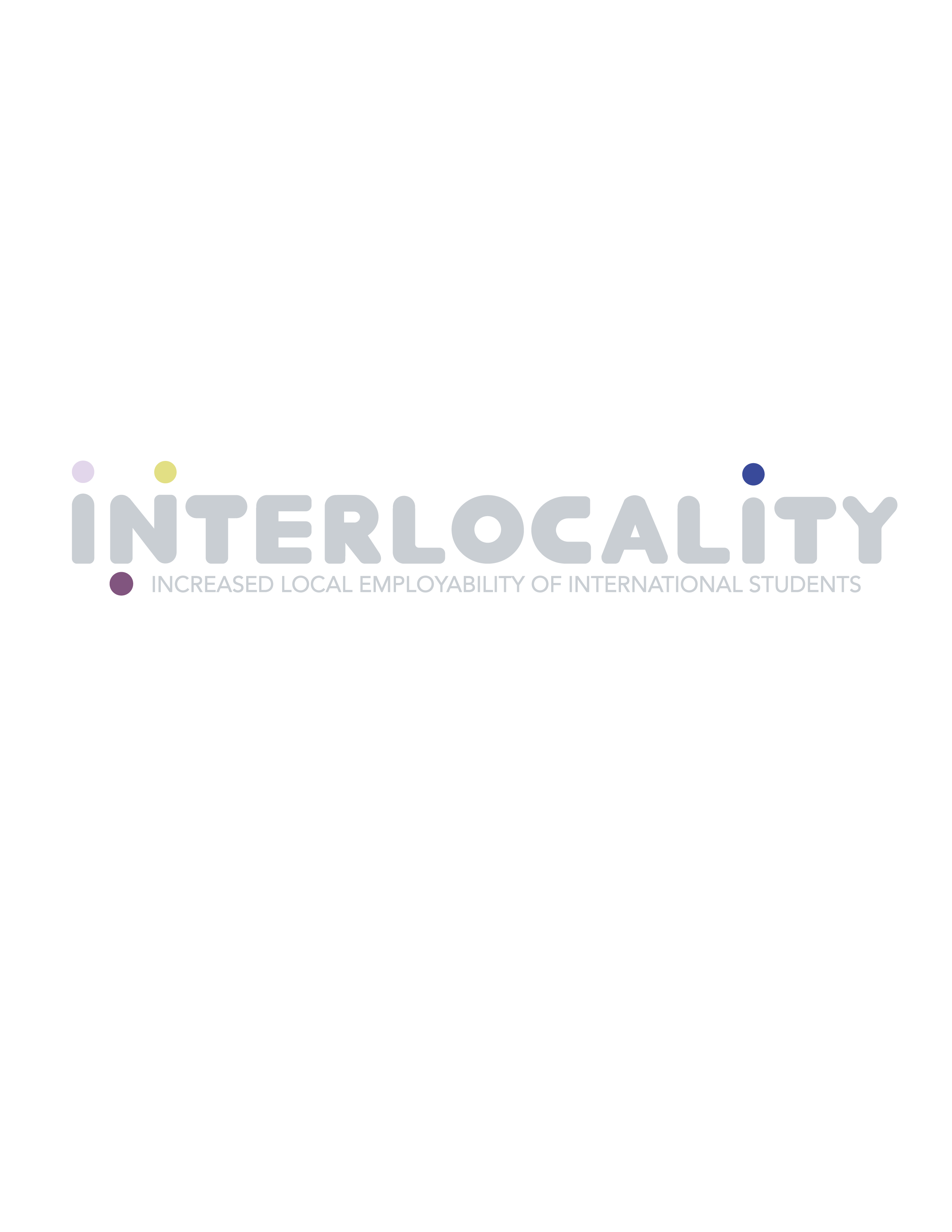By Sandra Slotte
The INTERLOCALITY project aims to increase the local employability of international higher education degree students within the fields of engineering and business administration. This focus on ‘employability’ is congruent with the global narrative on the responsibility of the students to develop their employability in order to gain, and maintain, employment. However, already in the project application preparation in 2021, we knew we wanted to not only address this side of the employment relationship, but also the side of the employers and their responsibilities. Only later did we discover the term ‘employer-ability’ which perfectly described what we wanted to bring to the world’s attention.
Developing employer-ability through online training courses for multiple stakeholders
We use the term employer-ability to describe the willingness and ability of host country employers to attract and retain international talents, such as e.g. students and graduates. These aspects have received surprisingly little attention in research, policy, and practice. We wanted to change this by developing online training courses for three out of the four target groups of this project: staff at small and medium-sized enterprises (SMEs), higher education institutions (HEIs), and third sector organisations. The three training courses are 1. Intercultural Sensitivity, 2. Guidance and Counselling, and 3. Employer-ability. Each course has three levels (Beginner, Developing, and Skilled) to accommodate for the differences in experience and interest between the learners.
All three courses are intended for all target groups, as we feel it is essential that these stakeholders in the local employment of international students develop a deeper understanding of each other’s points of view, challenges and strengths. We also hope to enable the development of a common language and understanding between these stakeholders of the complex issues inherent in the employment of international talents, especially in smaller companies. HEI staff might not know what the perceived risks and need for resources and ability is like for SMEs. SMEs might need more understanding of what recruiting and onboarding international talents require in terms of intercultural sensitivity and guidance. Third sector organisations often collaborate with both HEIs and employers, but might not have a deep understanding of especially the point of view of HEIs, or the knowledge and experience of guiding and counselling international clients.
In the autumn of 2023, the first prototypes of the courses have been developed and pre-piloted by the project partners. The following step is to pilot them externally. We will do so in Finland and Denmark during autumn 2023, and in Germany and the Netherlands in spring 2024. We will then further develop the courses based on the feedback in the pilots. The courses, as well as a user guide, will be published in early 2025 and be openly available.
More information about the need to balance employability with employer-ability
If you would like to know more about the need to balance employability with employer-ability, please read this EAIE blog post by Sandra Slotte.If you are attending the #EAIE2023 Conference and Exhibition in Rotterdam in September, you can also meet us there. We will be presenting our poster ‘Employability & employer-ability: connecting the two currents’ (poster session 313) on Thursday 28 September at 14.30−16.00. We hope to see you there!
